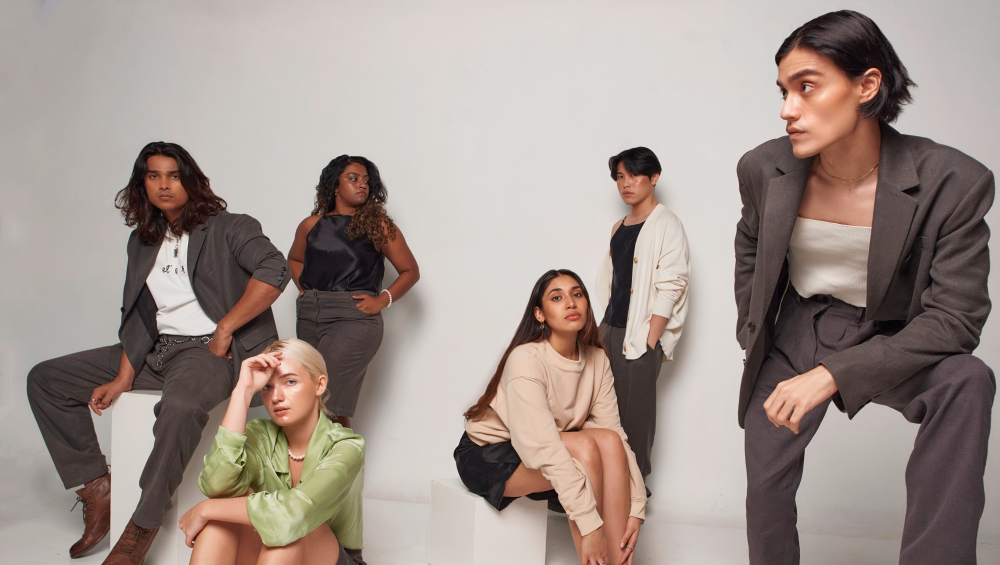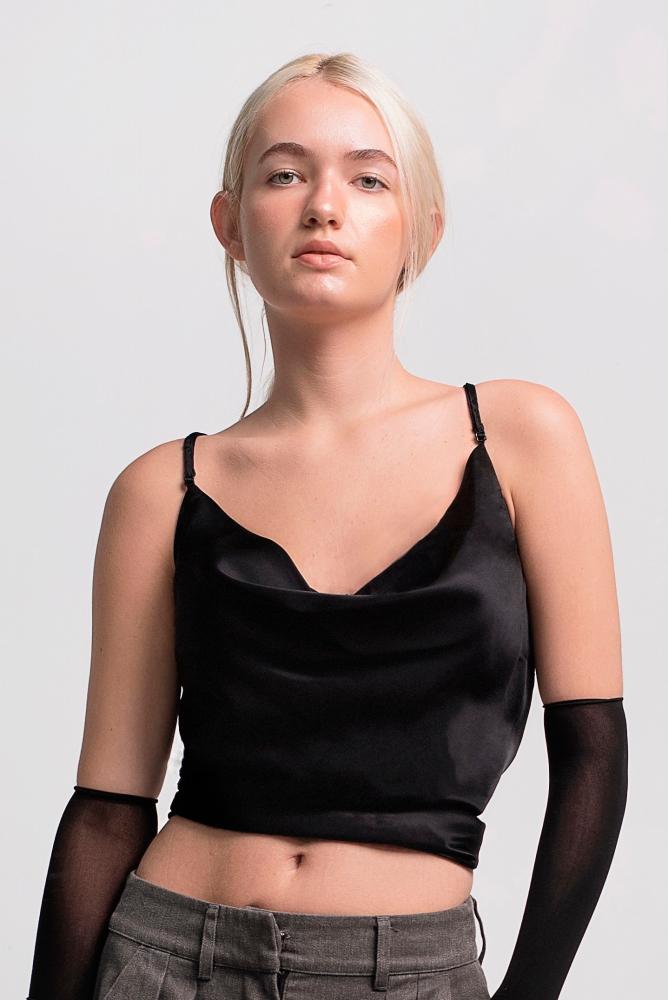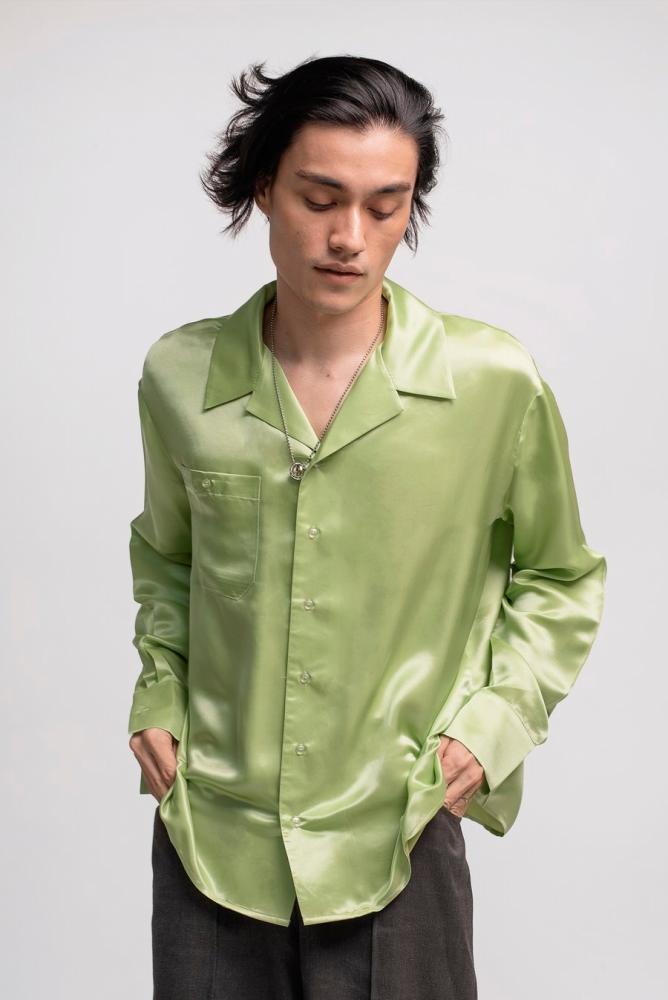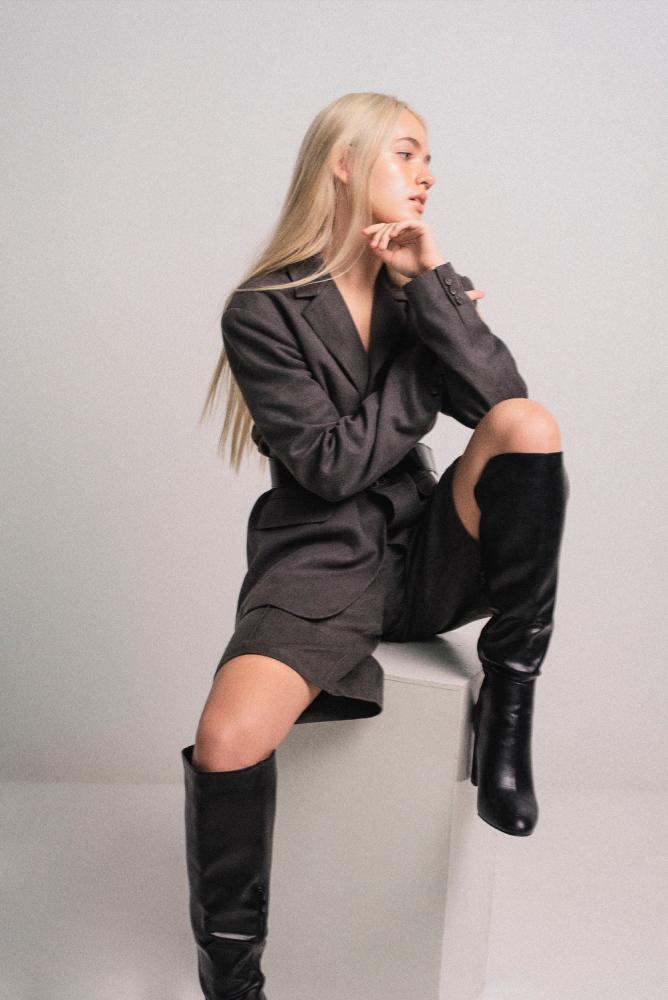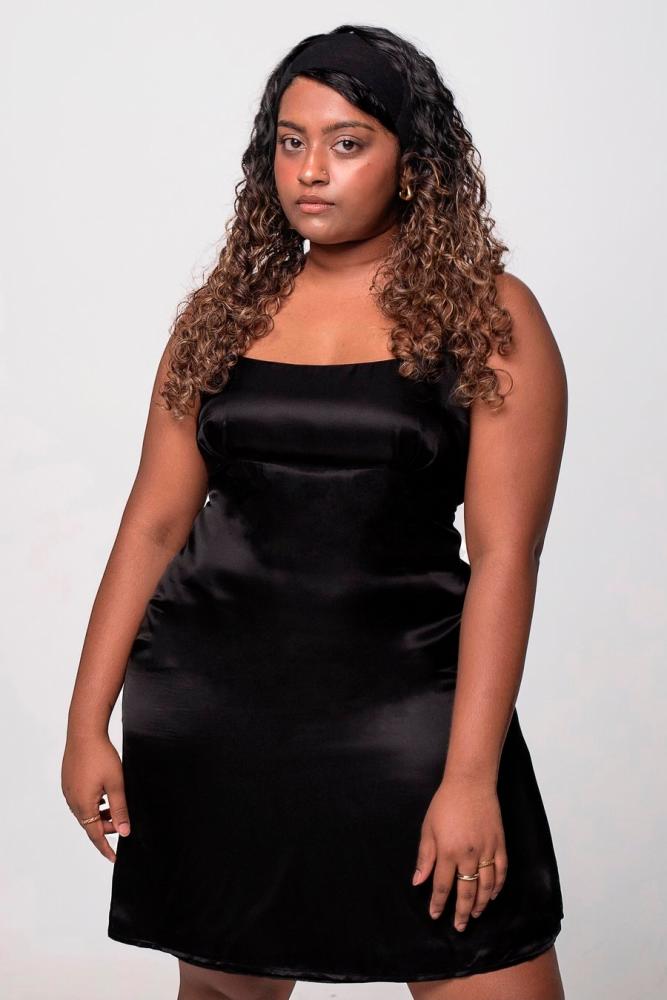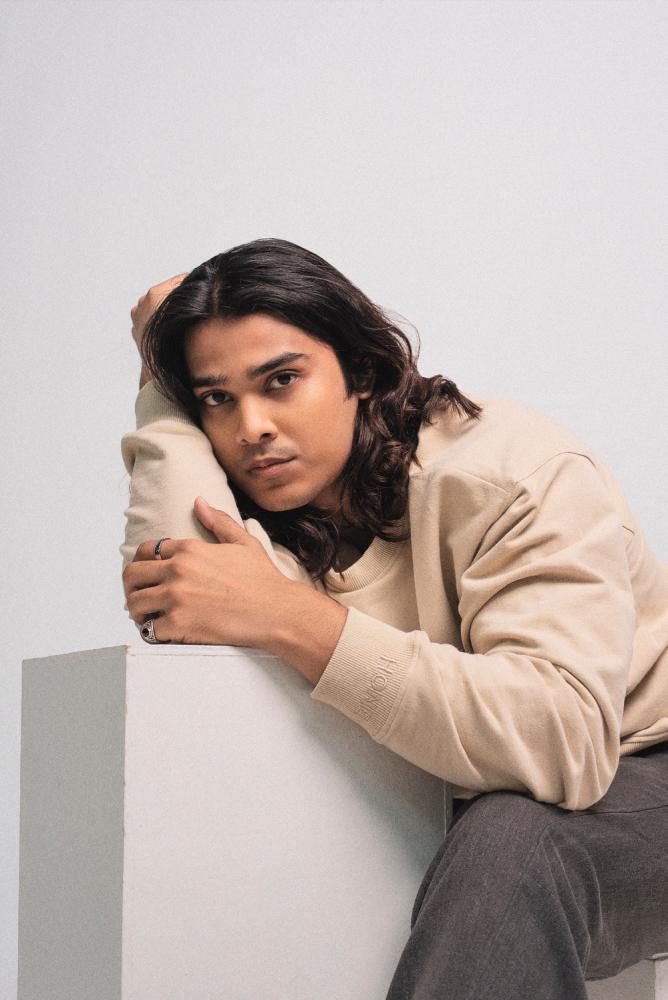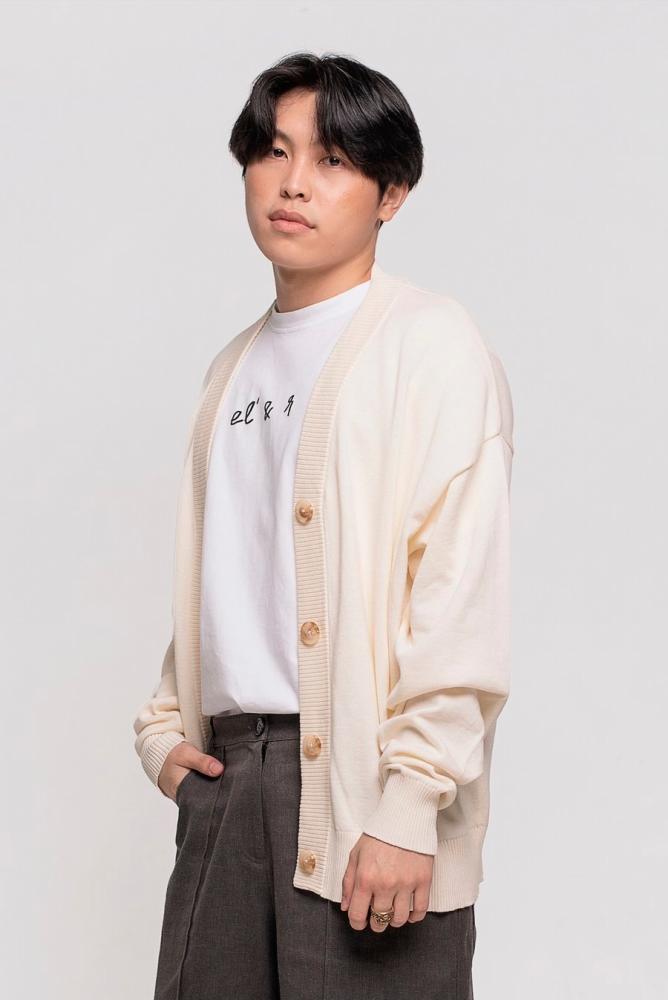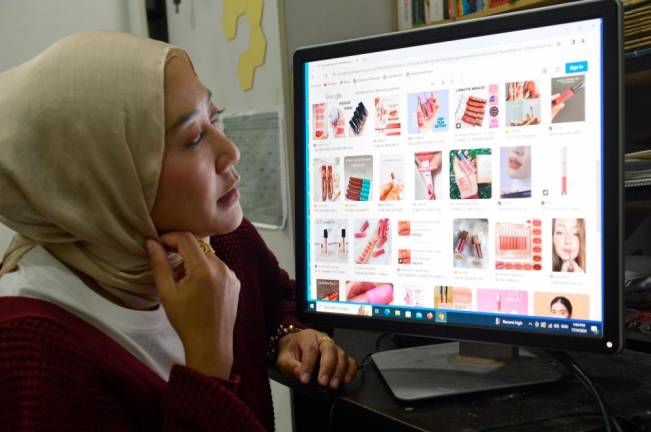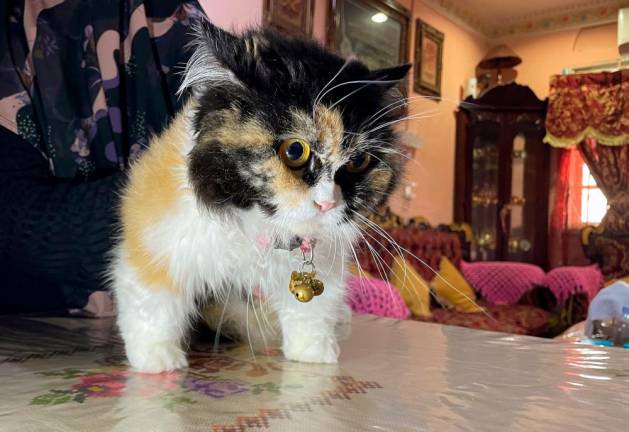MANISHA ROSE launched L/R after working on it for two years. It was the realisation of a long cherished dream for the fresh high school graduate, who never thought that a brand built around sustainability as its main focus could really take off.
L/R bridges consumer transparency with its brand ethics as the founding code.
What we are getting is more than just clothes. It is also the education, such as on labour practices, of how they are made.
“People don’t realise what one item of clothing can do to the environment, the energy and resources it takes to produce it on top of the questionable manufacturing process or if it’s even ethical,” Manisha explained.
“Educating ourselves with all there is that to know about sustainability is equally important to our purchasing decision.”
She described the brand aesthetics as vulnerable and personal instead of minimalist, versatile and timeless because they are interchangeable words and hold less worth than what L/R itself represents – immutable values that anchors the brand against the changing tides of fashion trends.
“I designed most of the pieces in 2018 and have only just launched them now,” the designer revealed.
“I’d like to think that it serves as a testament of time and that the pieces will never go out of style.”
In the grand scheme of things, L/R aims to stop producing fabrics and repurpose deadstock into new pieces through the reimagination of inspiration from past collections.
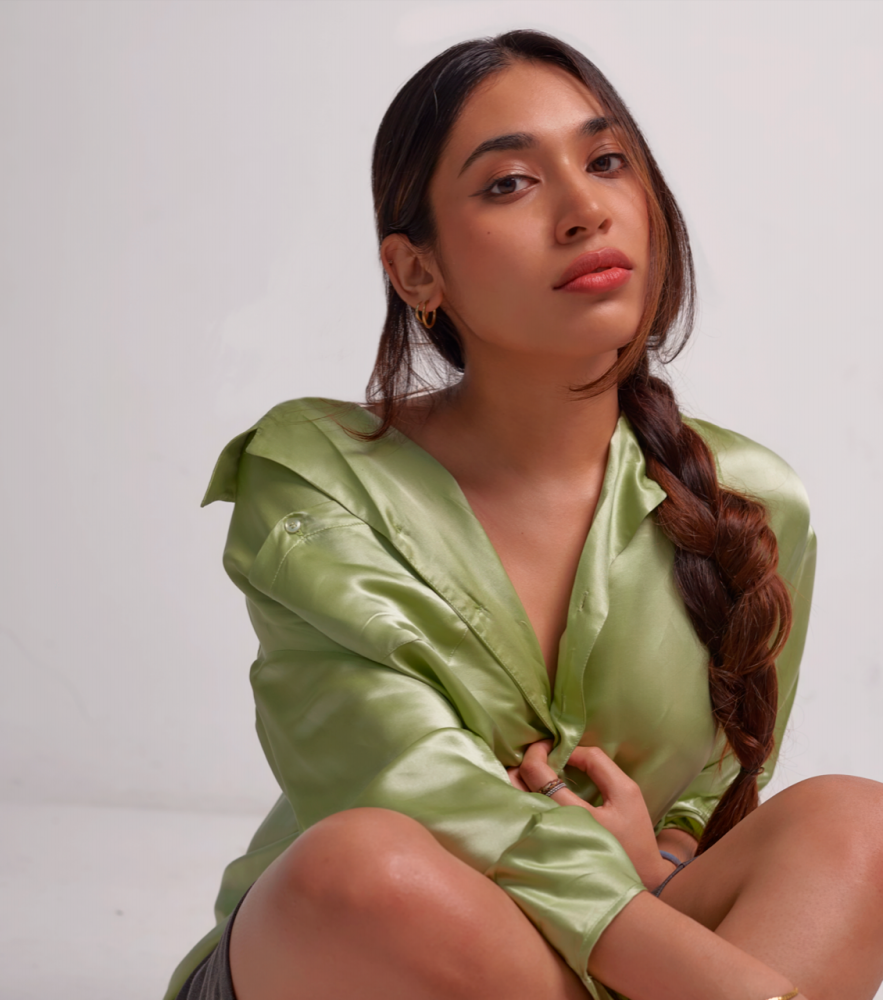
How did you come to launch L/R?
L/R was initially created back in 2018 together with a friend but it ended up being a solo venture. We had plans of making a sustainable brand but it didn’t turn out the way we envisioned it to be. The results fell short of our expectations. After my friend decided to part ways with L/R, I formed a new team and it underwent a complete overhaul by incorporating sustainability, ethicality and quality into the brand.
Why is starting a sustainable fashion brand important to you?
Well, producing clothes will never really be 100% sustainable, but starting a sustainable fashion brand has always been my goal ever since I knew what sustainable fashion was. So I figured, if I truly wanted to make my dream come true, our planet shouldn’t have to pay the price.
It concerns me knowing that my pieces would have to be more on the pricier side, meaning it would be a tougher market to break into. Although I believe that no matter the scale, we should all be taking steps towards preserving the environment.
How do you observe the production development and uphold brand ethics?
You just have to be cautious by doing thorough research, being hands-on and asking the right questions when choosing which manufacturer to work with, especially as a small business.
I found the manufacturing company through an Australian design company that I work with, whose values are based on sustainable and transparent business practices. To be completely honest, I thought that manufacturing in China was completely unethical but of course, that isn’t true at all. From what I have learnt, I’m confident to know that I’m in good hands.
Are there a lot of other brands adopting the sustainability business practice?
So many brands, especially fast fashion ones, have been jumping on the sustainability bandwagon because it has become a ‘trend’.
Although I admit it’s a good thing that more awareness is being brought to the subject, but a lot of these brands don’t actually carry out sustainable practices. Customers, even myself before, risk falling victim to what is all just a marketing plan, which is greenwashing.
Sustainability is more than just the materials used, and not just from making a one-off sustainable collection to conceal the brand’s fast fashion identity. It includes how the workers are being treated, the environmental impact a brand causes and other factors.
Does social media influence fashion?
Online shopping has taken over, even more so due to the pandemic. People are able to purchase anything within minutes of seeing an advertisement or going on a website. And this also comes with social media platforms evolving into online shopping platforms.
Consumer behaviour has changed during this period of time, especially with the rise of TikTok, new trends are popping up almost every week. People want something quick and cheap, resulting in over-consumption and buying from unethical brands.
Are you worried about the future of fashion?
With the rise of over-consumerism, yes. Although I completely understand that not everyone can afford to purchase from sustainable brands, it’s important that even when we indulge in fast fashion, it’s not done excessively.



